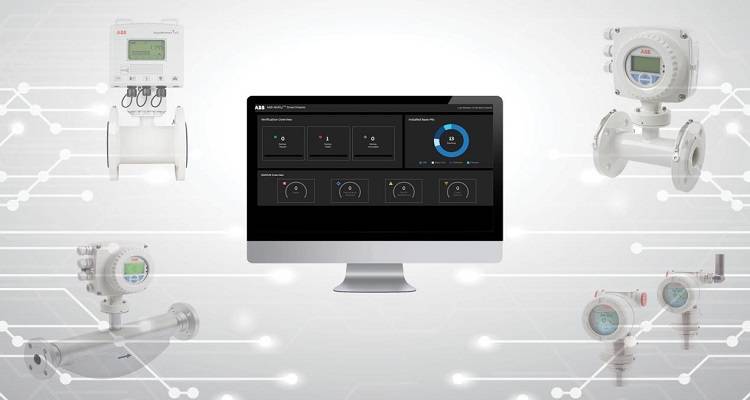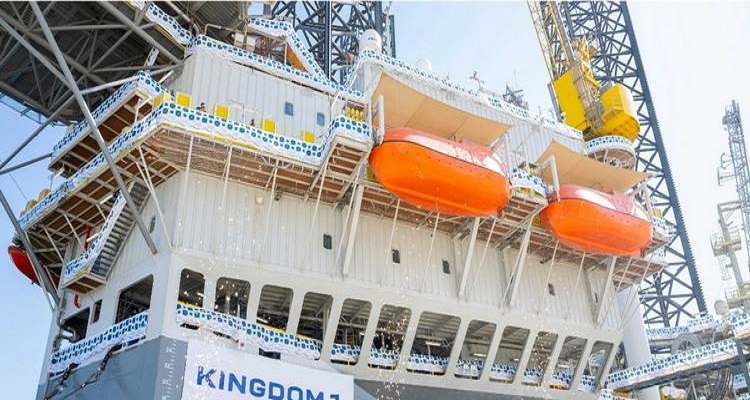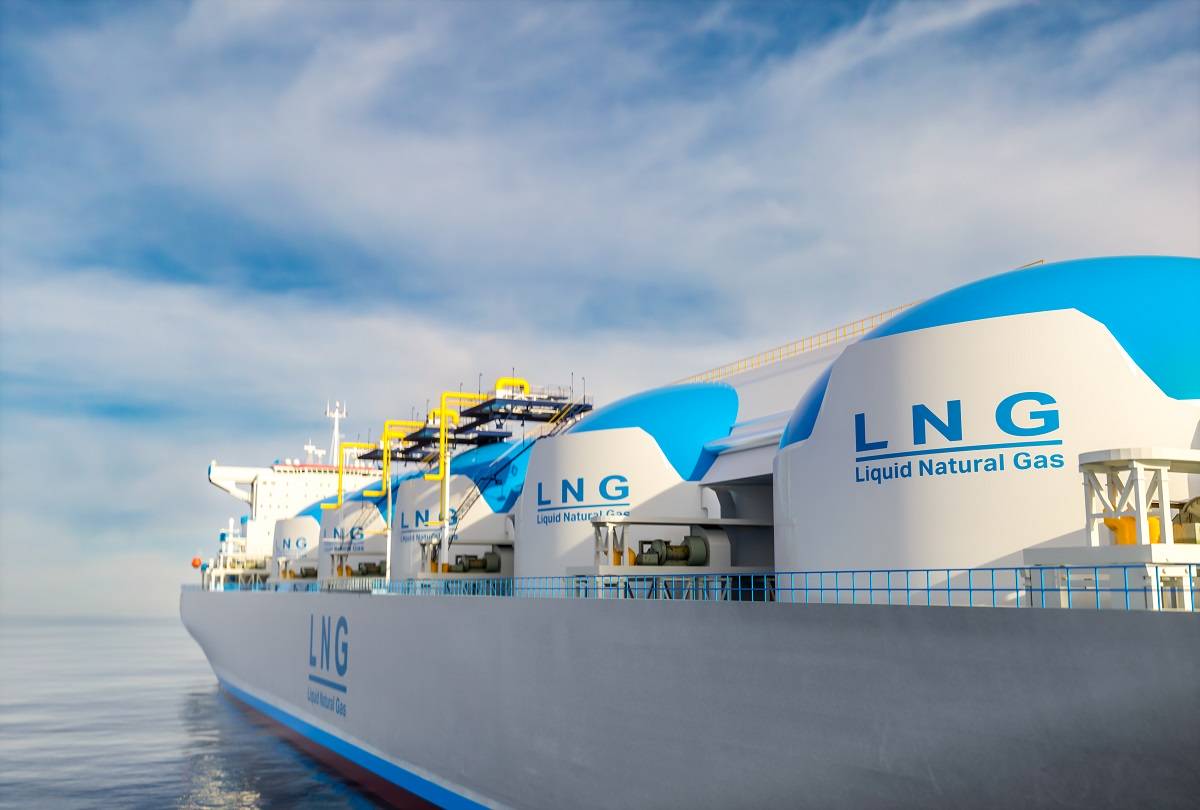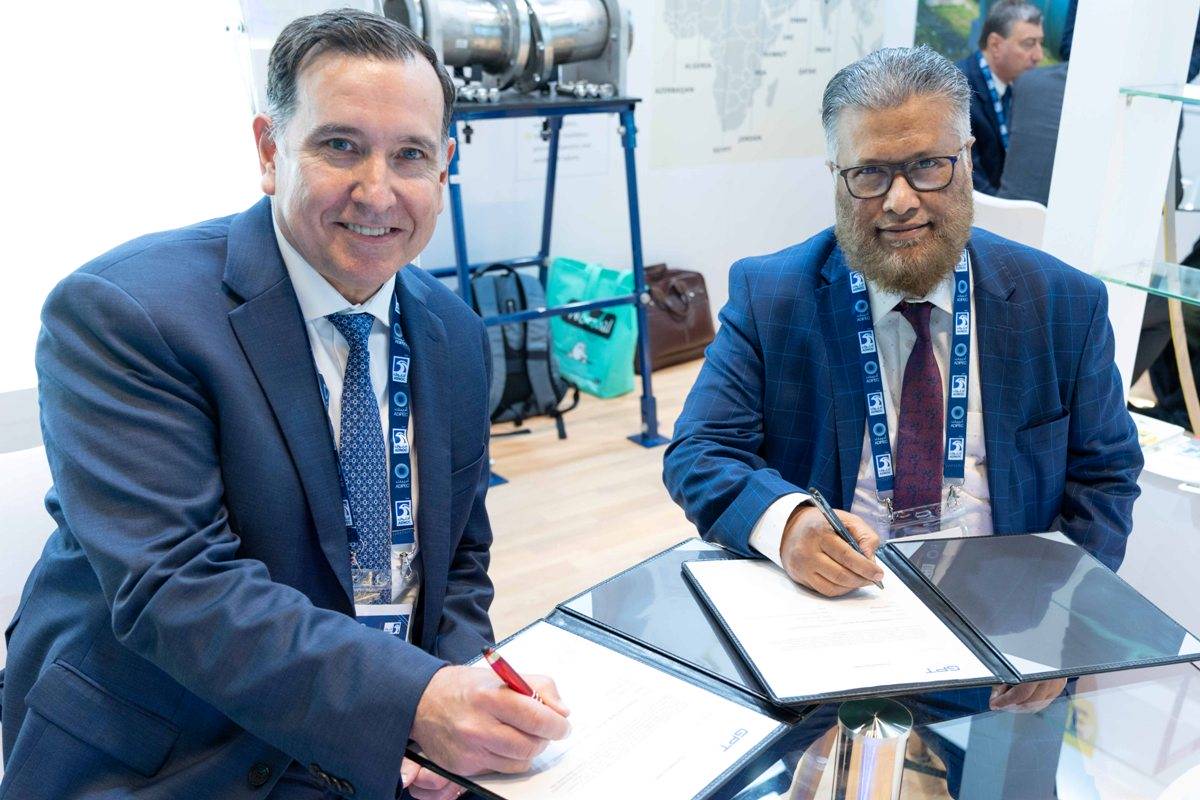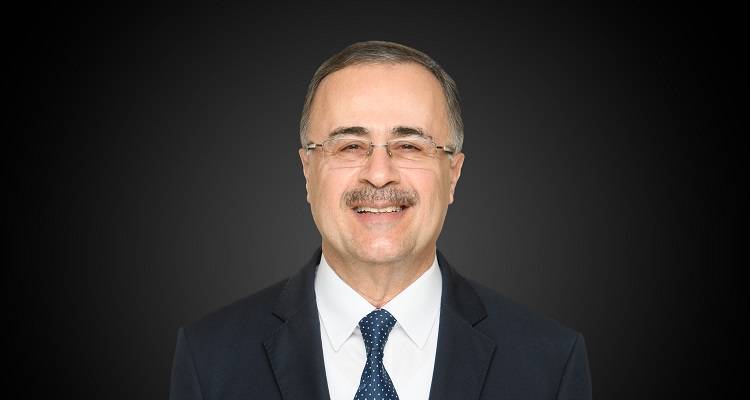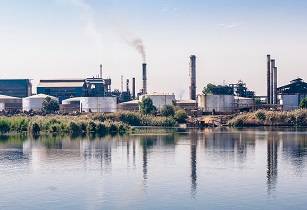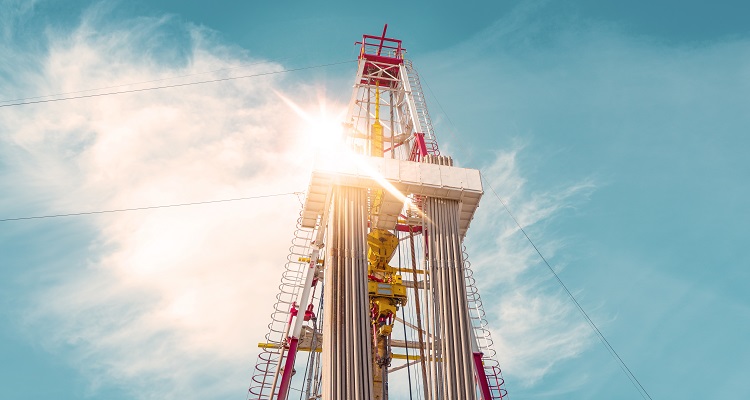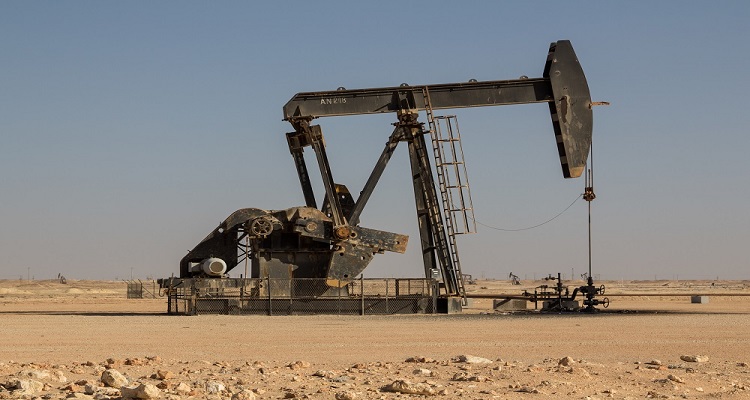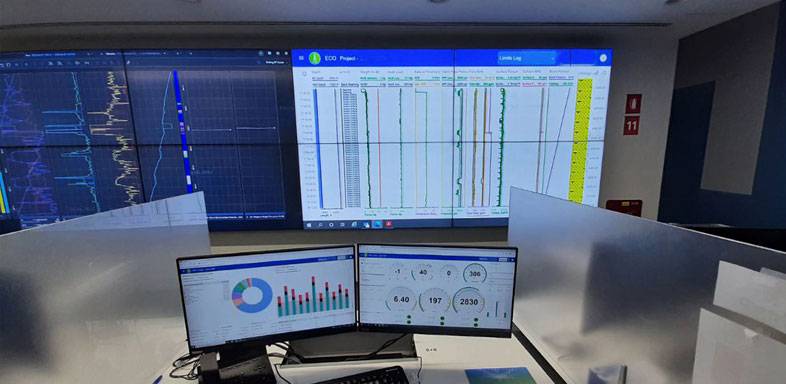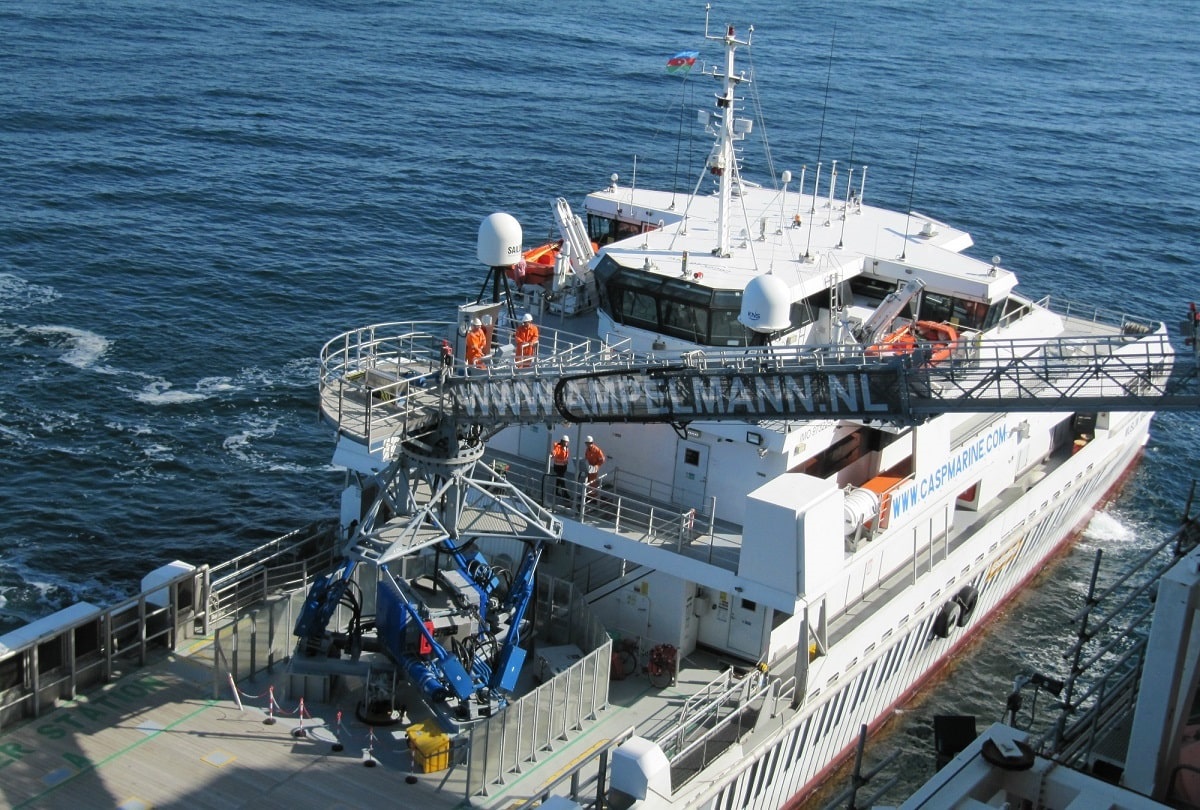In advance of the Gulf Downstream Association’s (GDA) Virtual Conference "TRANSFORM", Raj Jhajharia, technical manager and acting marketing & communications manager, GDA discusses the role of the association and gives a flavour of some of the themes of the event
What was the rationale behind the formation of the GDA, and how is it going to realise its aspirations?
Some of the National Oil Companies (NOCs) in the GCC realised that each one of them had a wealth of knowledge and experience, which was currently scattered among leading players of the downstream industry in the Gulf countries. This realisation led to the formation of the Gulf Downstream Association (GDA) in 2016 with the unique vision of becoming a “common voice” and a “point of reference” for all Gulf downstream players – refining and marketing companies, EPC contractors, technology providers, consultants and other service providers, investors, governmental agencies, non-profit associations, academia and retirees.
Our founding and other members have provided their subject matter experts (SMEs) to form 10 technical committees under the GDA covering all aspects of downstream industry. These committees are regularly meeting to share knowledge and experience, collaborate and work on mutual objectives and interests for the industry benefits.
GDA offers a range of innovative and interactive platforms, including a unique knowledge hub to create a common pool of best practices, case studies, lessons learned, discussion board, topic-focused trainings, unique challenges, innovative ideas, focused solutions and access to relevant global resources as well as hosting / leading conferences, seminars and workshops.
GDA is constantly exploring newer skies to help sustain and grow the downstream industry.
What measures should companies put in place to develop future leaders?
It will depend upon what will be the future business environment and what kind of workforce we would have. In view of the dynamic changes occurring at lightning speed, it is practically impossible to predict the future. However, we are certain that the future business environment will be driven by constant changes in consumer demands & behaviours, product prices, environmental concerns, technologies, feed-stock supply, competing hydrocarbon energy sources, and so on. Similarly, the future workforce will be mostly young, tech savvy, more autonomous, less focused, co-existing with bots and robots, and seeking greater happiness and fulfilment at work.
Future leaders will have to inhabit this eco-system. Therefore, besides expertise in the core business, they must possess adaptability; agility; empathy; and sharper intuitiveness. They should be like a weather forecaster who can sense the change before it arrives. They must have a very high degree of physical and emotional resilience. They should be able to connect within their own self in order to connect deeply with the workforce. Collaboration will be the key for success. Future leaders will have to constantly collaborate with the workforce and capitalise on the knowledge gained through digitalisation. They should be able to inspire the workforce with their vision and bring about painless transformation at a rapid pace, as and when required.
Companies can establish in-house leadership centres, where future leaders are moulded to inherit the above attributes. They can put in place systems to identify potential leaders showing early signs of such attributes from the existing workforce and groom them to be the future leaders. They should create an eco-system where such leaders can rise and thrive.
How important is it for the downstream industry to embrace disruptive and new digital technologies?
Adapting new digital technologies is no longer an option for the downstream industry. Fortunately, the oil industry has always been at the forefront of adapting new technologies ever since it started. Whether collecting and interpreting geological/geophysical data from subsurface structures or simulating underground oil reservoirs into complex mathematical models or operating plants through remote sensors and controls, this industry has always been on the lookout for the ways to enhance its operational efficiency and business value.
Digitalisation is the new buzz word meaning different things to different people. For me, digitalisation is the use of digital tools in conjunction with related business processes to achieve tangible business values. This aspect of the new technologies has immense potential for the downstream industry, where instant decisions are taken based on constantly changing massive data.
AI systems can greatly augment human intelligence to take better decisions. Data is the fuel of new digital technologies. It is crucial to ensure accuracy and completeness of the data entering such systems.
Downstream industry can gain many business benefits from digitalisation, such as: real time optimisation of different products (middle distillates) in line with changing market demands, advanced predictive maintenance to optimise cost and enhance equipment life, advanced operator consoles to take preventive actions and better manage the operations, and 3D/VR based operator training simulators to train operators in a life-like and safe operating environment.
GDA’s Digitalisation Technical Committee is currently developing a digitalisation framework based on the best attributes of different frameworks among different founding companies. Such a framework will hugely benefit the downstream industry soon.
What do you hope the GDA Virtual Conference “TRANSFORM” will achieve?
GDA’s TRANSFORM event is designed and executed by the efforts of its two technical committees: “Leadership & People Development” and “Project Management”. We hope to showcase their power and bring about awareness on the new ways and realities in these areas for the new world post-pandemic. We also hope to spread the awareness of GDA’s value addition to the industry and its players. And we wish to send out a strong message that, despite the pandemic which has paralysed all physical meetings and movements, GDA continues to serve its members in the virtual space at an even better pace and with greater values.
The GDA Virtual Conference, “The Evolving Future of Leadership and Project Management”, takes place on 22-23 February from 13:00-16:50 (Bahrain time zone).
For a full conference agenda, please visit: https://www.gdaconference.org/transform-gda-virtual-programme-bahrain-time-zone
Attendance is free. Register here







